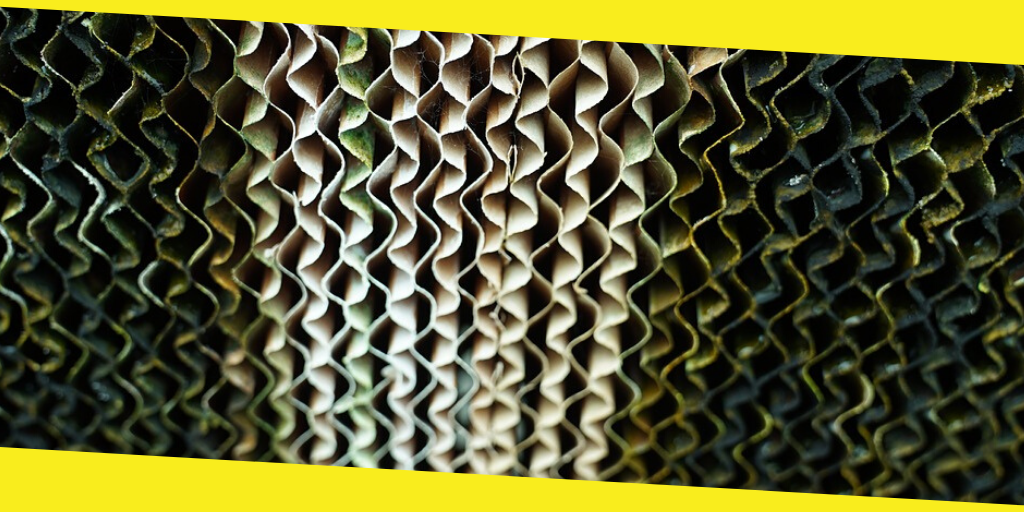Why Replacing Air Filters Timely is Important for Your Health

There are plenty of different types of filters available in the market. Each filter comes with its own set of benefits, making it ideal to choose between various functions. Whatever kind of filter you choose, it is imperative to clean it regularly and change the filter often.
This allows them to not only function as the label promises but also work safely. This way, you are also ensuring the longevity of the filter in return for your investment. But that isn’t all. Here are some of the important reasons why you need to change your HVAC filter on a timely basis.
Contents
ToggleYou Are Pushing It
HVAC AIR FILTERS are excellent pieces of equipment. Most systems are built to withstand the harsh elements, that is why you know when a filter is of no use as the system is no longer working no matter what remedies you try. You have cleaned it to a point where it is beginning to wear off. The system is drawing more energy, and you can see it in the bills but not in the air quality. This means the HVAC system is pushing itself to work harder, and it is not working because the air filter is useless. If this is the case, you need to replace it.
You will be Overheating or Freezing Up
If the dirty air filter of your HVAC system gets clogged, you have a bigger problem on your hands. Every time you pump up the heat, or air conditioner in an area, if it is not making it through the filter, then the system is trapping all that temperature inside it and running the risk of overheating or freezing. As a result, your bills will arrive for the same amount of energy used, but every time you turn on your HVAC system, you will be paying to damage the system further.
Air Filter is an Opportunity for Bacteria to Gather
If the air filter is overdue for a replacement, you don’t want it in your house. A dirty filter gathers moisture, which promotes the growth of bacteria and mold in it. If this builds up on the wrong side of the air filter, you will be putting the health of your family at risk. By avoiding to change the filter, you are introducing allergens and pollutants into the indoor air.
If, however, from the air filter, the pollutants and contaminants grow further inwards, then you are doing some irreparable damage to your HVAC system.
Duct Cleaning is Harder than Replacing Filters
If you have ever scheduled a duct cleaning, you would know that not only does the cleaning drain the system, but it is more complex than that. Therefore you have to be careful with the system and ensure that nothing breaks or any spot gets missed. It is much easier and less expensive than to change the air filter of the HVAC.
When cleaning the duct system, you are simply returning the dust into the house, although you need a fresh spin of the new filter to clean out the dust that has settled in the duct and get it out of the system and the house.
Automated Systems Cannot Detect the Change in Temperature
You may clean the filter, but you cannot always tell if it is working like a new one or not. Most of the time, this is reflected in your bills, but by that time, it is too late. With an automated system that regulates temperature and increases or decreases the energy. It will never be able to tell the amount of heat or cold it is producing and will work into overdrive instead of shutting off the system momentarily in intervals.
It Is Ecologically Harmful
An HVAC system pushes itself in a system that is using a lot of energy, which is going into waste. This means that your carbon footprint just increased for nothing. Using too much energy means more greenhouse gases are being released and causing damage to the atmosphere. You can go for months doing this and prolonging the damage to the environment, or you could make a wise choice and switch the air filter.
Helps You Avoid Costly Repairs
Having a forever dirty air filter wreaks havoc both on your home and your HVAC system. A fan motor that works harder to move the air is not going to last. It is a very crucial component without which you are looking at a useless system. If this fan gets damaged, you will be spending a lot of money for the repairs.
So, in conclusion, by replacing the air filters at your home, you can use the HVAC system for a long while for its intended purpose. You are also avoiding heavy expenses that the duct cleaning and repairs could cost. On top of that, a new HVAC air filter helps you be more environmentally friendly. It is also crucial when you are trying to keep your family healthy, the comfort of whom is probably the reason why you invested in such a complex air filtration system.
How Often Should One Change the Air Filter in Their House
The easiest answer to this is that you should replace the filter when it is dirty. You can clean it, but you will know when it still doesn’t look like a proper filter once you have cleaned it. In simple words, if it doesn’t look as good as new when you wash it, it has to go.
There is no one answer to this question because it entirely depends on the air quality and weather of where you live. Most people stay on top of it by switching the filter each month. This way, you always remember to replace it as you buy one in the monthly groceries. If you have a robust schedule of maintaining other things around the house like maintaining the garbage disposal and cleaning the dishwasher unit, you can add this in with that.
Conclusion
Certain things will make it very easy for you to change your air filter in your HVAC system. Most manufacturers will write down the recommended time of replacement on the box, depending on the strength of the component. You can factor in if anyone in the household has any allergies and how many pets you have.
If you live in a crowded household with pets and live near a busy street, you should change the filter every 30 days. But if there aren’t that many people in the house, and the air quality outdoors is excellent, then every five months would suffice.
Recommended For You
Men Can Suffer from Postpartum Depression Too
Most Inside
Most Inside offers high-quality recommendations and valuable updates to enhance all aspects of your life, providing premium guidance and enriching experiences.




